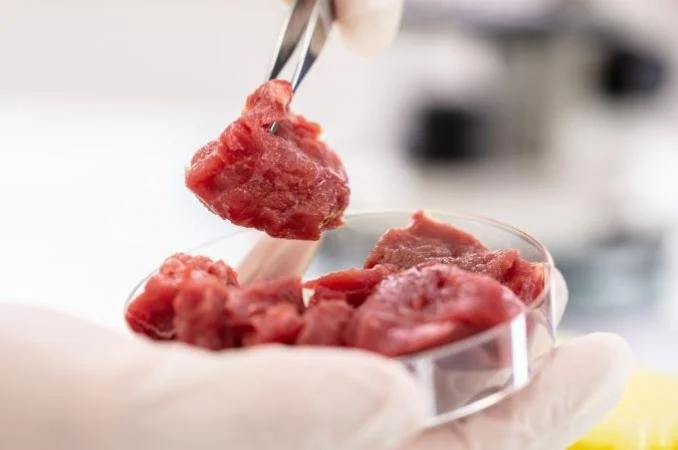In the quest to increase your iron levels, there are plenty of options on the table. However, good old-fashioned food is a stand-out and the path to optimal health often leads us back to the basics – the food we put on our plates.
Read MoreWe’ve all heard the message to get our 5+ a day (plot twist: it’s now technically 7+ a day for Kiwi adults!). However, the majority of Kiwi adults still aren’t getting enough fruit and vege each day.
The results from a new nutrition quiz titled ‘Could you be low on iron?’ – which checks for common signs and symptoms of iron deficiency – point to some worrying trends.
Read MoreResults from ground-breaking New Zealand research have shown that red meat is a better source of protein than a processed plant-based alternative. The research is a collaboration between researchers at AgResearch, the University of Auckland, Massey University and the Riddet Institute.
Read MoreA new review published by the Riddet Institute has a simple message: Animal and plant-sourced foods should be complementary in the diet, not competitive; meaning we need both types of foods to achieve a global, sustainable food system.
Read MoreResearchers have compared the digestion differences between pasture-raised beef, grain-finished beef, and a plant-based alternative.
Read MoreIndependent research by some of the world's leading scientists shows the climate change benefits of substituting meat from the average New Zealander's diet would only lead to a 3-4% decrease in an individual's lifetime global warming impact from all activities. Substituting meat could also risk individuals missing out on key essential nutrients such as iron.
Read MoreKnowing how our food is produced, and the implications for our health and the health of the planet, is more important now than ever before.
Read MoreRecent research investigating meat waste during the COVID-19 revealed the many ways ‘meat waste’ (if it is in fact waste) can be defined and has sparked further research on this topic. Amy Arnesen from the University of Auckland has led this research.
Read MoreUniversity of Otago student, Brittany Boyce, is currently completing a six-month internship with the Beef + Lamb New Zealand. She shares a little about herself and the two projects she is working on.
Read MoreSince opening in November, three hugely successful Community Days, supported by Beef + Lamb New Zealand, have taken place at Peter Gordon and Alastair Carruther’s new food embassy, Homeland.
Read MoreNew research shows that almost three-quarters of Kiwis agree that red meat is good for their health and nutrition, with only seven percent disagreeing. This overwhelming recognition for the nutrition credentials of red meat coincides with the release of The Role of Red Meat in Healthy and Sustainable New Zealand Diets report,.
Read More












